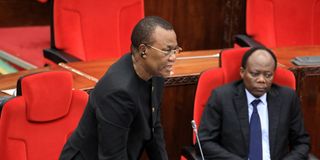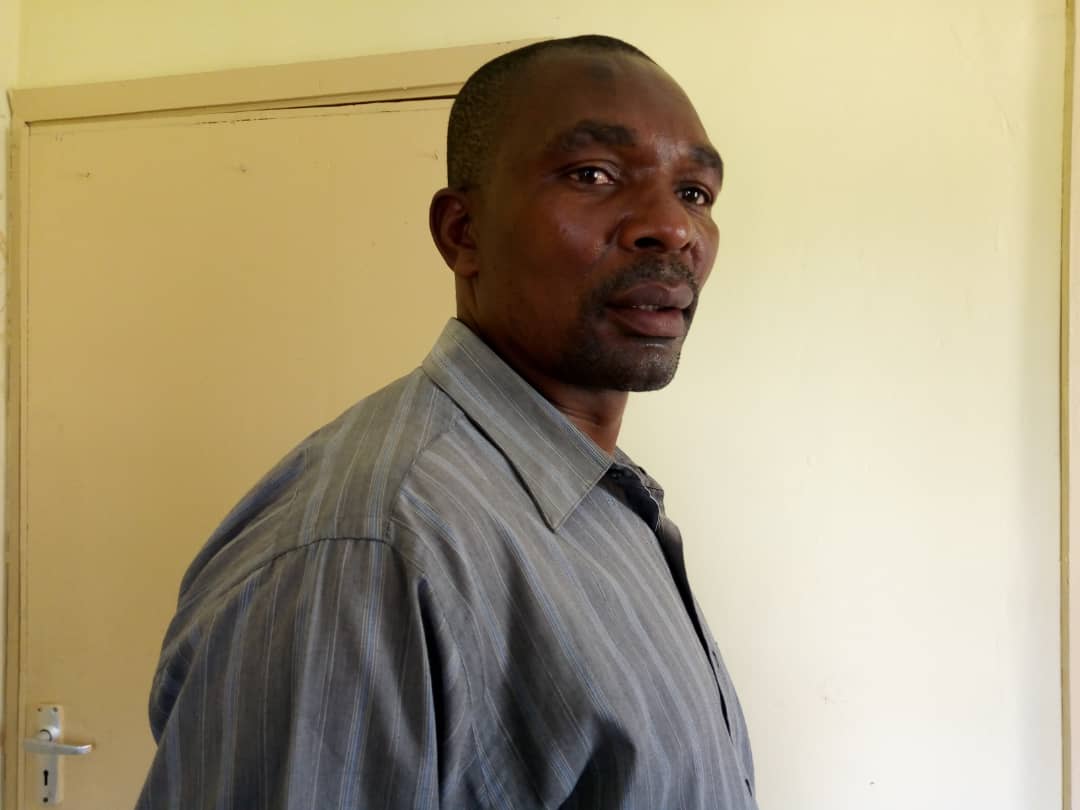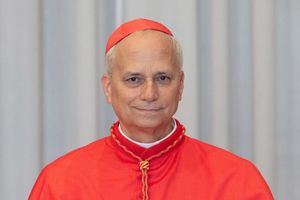TPDF recruitment requirements stir debate in Parliament

Minister of State in the Prime Minister’s Office (Parliament, Policy, and Coordination), Mr William Lukuvi, responds following a debate on TPDF recruitment requirements. PHOTO | COURTESY
What you need to know:
- Speaker of the National Assembly Tulia Ackson has instructed the government to explain why it issued an advert that defies a parliamentary resolution
Dodoma. A recent recruitment notice from the Tanzania People’s Defence Force (TPDF) has sparked parliamentary debate after it emerged that a requirement for National Service (JKT) training was included—despite an earlier directive from Parliament seeking to remove such criteria.
Speaker of the National Assembly Tulia Ackson has instructed the government to explain why it issued an advert that defies a parliamentary resolution calling for mandatory JKT training in recruitment into security forces.
On 30 April 2025, the TPDF, through the acting director of Information and Public Relations Colonel Gaudentius Ilonda, announced job vacancies for Tanzanian youth with various professional qualifications.
However, clause ‘f’ of the announcement stated that applicants must have completed JKT training—either voluntarily or by legal obligation—and possess a valid certificate.
The posts are aimed at graduates from secondary school to higher education levels, particularly for medical professionals.
Advertised positions include general surgeons, orthopaedic and joint surgeons, urologists, radiologists (X-ray, MRI, CT), ENT specialists, anaesthetists, internal medicine practitioners, and ophthalmologists.
Others are oncologists, pathologists, psychiatrists, emergency physicians, haematologists, veterinary doctors, biomedical engineers, dental laboratory technologists, and aviation health service officers.
Furthermore, Colonel Ilonda said applications must be handwritten and submitted to TPDF headquarters in Dodoma between 1 and 14 May 2025.
On 8 May 2025, Mbozi MP George Mwenisongole (CCM) sought guidance from the Speaker on why the TPDF had reintroduced a requirement that Parliament had previously rejected.
“Madam Speaker, I raised a similar concern last year about the need for JKT training to qualify for security jobs. Now the TPDF has brought it back. I seek your guidance,” said Mr Mwenisongole.
In response, Dr Ackson halted proceedings and directed the Minister of State in the Prime Minister’s Office (Parliament, Policy, and Coordination), Mr William Lukuvi, to respond.
Mr Lukuvi noted that while Parliament passed a resolution, it had not specifically barred the military from setting its recruitment criteria.
“This presents a dilemma. The resolution was passed here with the government in attendance. If the military wants JKT-trained recruits, why not hire them first and then send them for JKT?”
Background to the row
The controversy dates back to 16 February 2024, when Mr Mwenisongole raised concerns over job adverts from security agencies that required applicants to have completed JKT or Jeshi la Kujenga Uchumi (JKU).
His remarks triggered a robust parliamentary debate, culminating in a resolution directing that the JKT/JKU requirement be removed from all security service recruitment.
He argued that many students completing primary and secondary education were unfairly excluded simply because they had not undergone JKT, limiting opportunities to a small, select group.
He called for the immediate suspension of recruitment until a fairer system could be implemented, urging the complete removal of the JKT requirement.
The resolution received wide support from MPs, including Rashid Shangazi (Mlalo), Hamisi Tabasamu (Sengerema), Luhaga Mpina (Kisesa), Husna Sekiboko, Dr Christian Mzava, and Agnes Marwa.
Several ministers also backed the motion, including then Deputy Minister for Home Affairs Jumanne Sagini, current Home Affairs Minister Innocent Bashungwa, Finance Minister Dr Mwigulu Nchemba, and the Deputy Minister in the Prime Minister’s Office for Labour, Youth, Employment, and Persons with Disabilities, Mr Patrobas Katambi.
Parliament resolved that all qualified young Tanzanians should be given equal access to employment opportunities, provided they met the core job qualifications, without requiring JKT or JKU training.
Dr Ackson reiterated that the government is obliged to comply with this directive unless or until it acquires the capacity to offer JKT/JKU training to all secondary school leavers.
She cited three key reasons for the resolution: JKT and JKU cannot accommodate all Form Four and Form Six graduates, security forces can train recruits after hiring them, and many qualified young people are excluded solely due to the JKT/JKU prerequisite.





